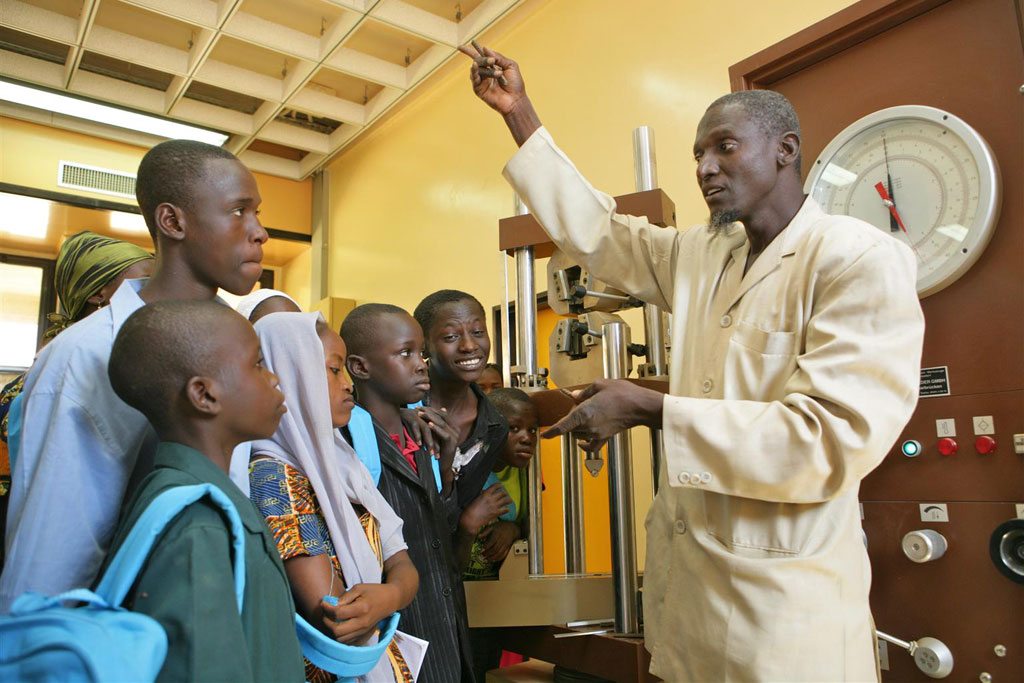Integrated science is essential to strengthen water management, sustainably use the oceans and tackle climate change, the head of the United Nations cultural agency said on World Science Day for Peace and Development.
“Sciences, Technology and Innovation (STI) provide key answers to build peace and bolster sustainable development,” said Irina Bokova, Director-General of the UN Educational, Scientific and Cultural Organization (UNESCO) in her message on the World Day.
“We need more integrated science to strengthen water management, to ensure the sustainable use of the ocean, to protect ecosystems and biodiversity, to tackle climate change and disasters, to foster innovation,” she added.
Ms. Bokova underscored that STI stand at the heart of the 2030 Agenda for Sustainable Development and the Paris Agreement on climate change, pointing out that UNESCO has developed a unique approach to promote global scientific cooperation while encouraging local actions, with the dual focus of gender equality and Africa.
“In this spirit, UNESCO launched in 2017 a ground-breaking international symposium and policy forum on girls’ education in science, technology, engineering and mathematics (STEM), to challenge the gender inequalities in
Today, as the complexity of the world’s issues goes beyond the framework of a single discipline, UNESCO has made “trans-disciplinarity” the cornerstone of its work for sustainability – building networks with multiple stakeholders, such as museums, universities, private and public actors, governments and non-governmental organizations.
This year’s theme, ‘Science for global understanding,’ encompasses UNESCO’s approach to develop scientific cooperation between and within societies, combining global sustainability and local actions and knowledge.
“There is today an urgent need to promote South-South and North-South-South cooperation to foster STI for sustainable development and to encourage mutual understanding and peace,” she continued. “In this context, science diplomacy will be a powerful instrument for the use of science as a foundation for a culture of cooperation.”
Ms. Bokova stressed that investment in science education would be equally crucial, saying: “We need to grant equal access to enrolment in sciences [to] all persons, starting at an early age, with a strong focus on girls.”
In that spirit, the UNESCO chief called on all stakeholders, well beyond scientific circles, to mobilize in order to release the full potential of sciences for development and peace.
Under UNESCO auspices, the first World Science Day for Peace and Development was celebrated worldwide on 10 November 2002.
Via UN News Centre

